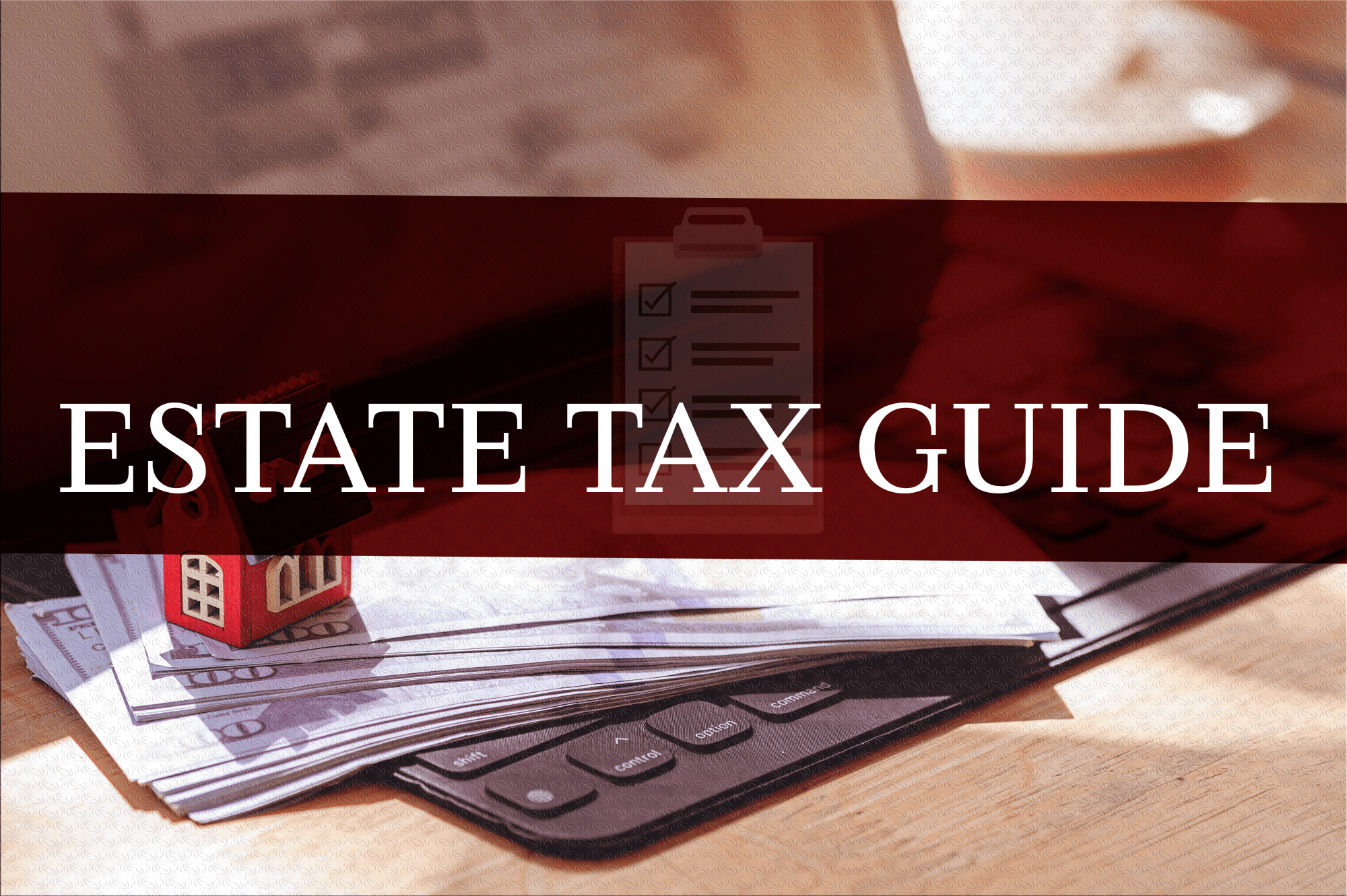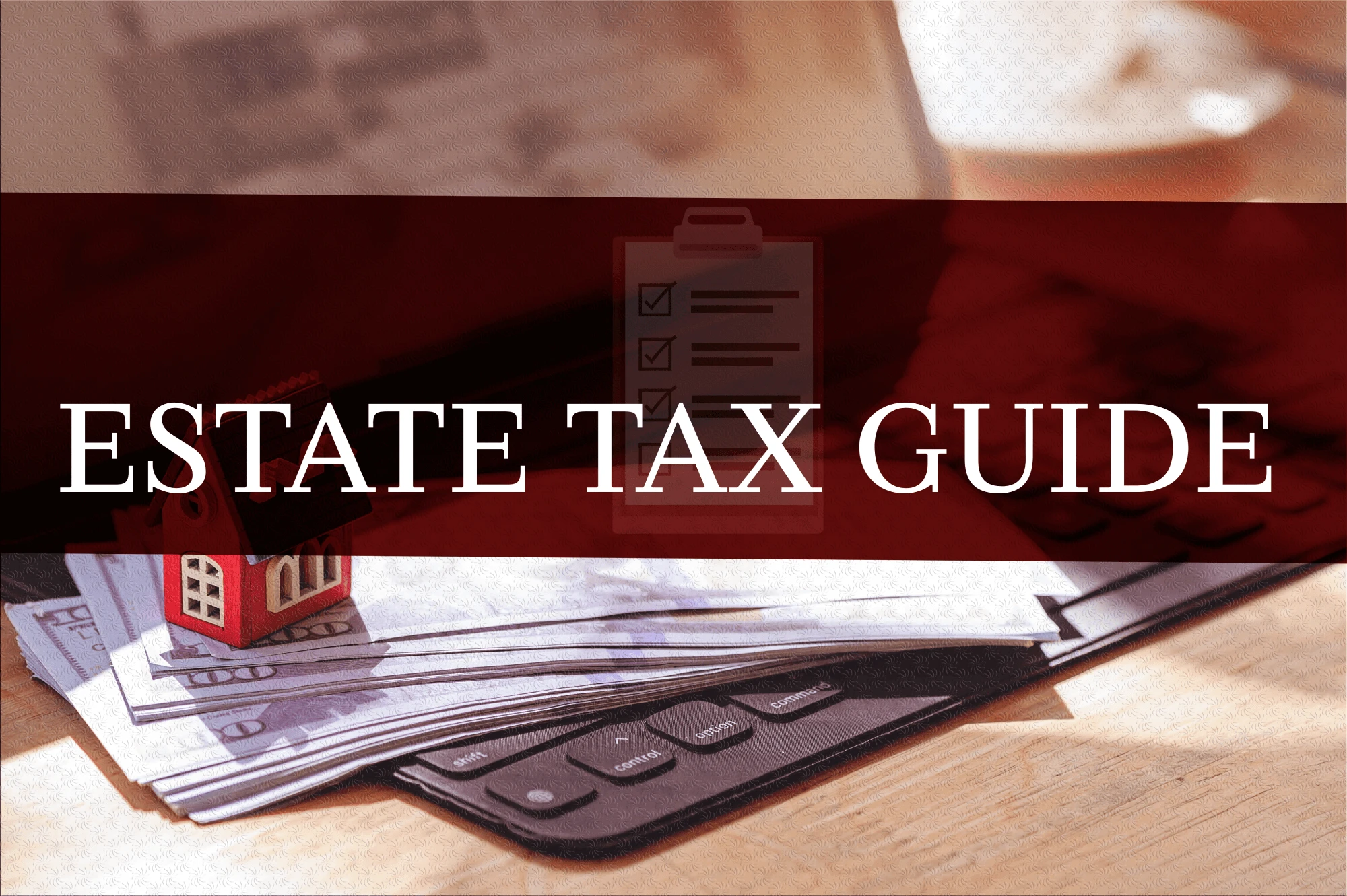- Contact Us Now: (201) 464-1011 Tap to Call
A Guide to the New York Estate Tax


The New York estate tax can cause confusion and even legal issues, especially for people unfamiliar with its specifics. If you or a loved one owns an asset in New York, it’s critical that you understand the basics of this tax rule. Hiring an estate planning attorney to handle your estate tax is essential, but having a basic understanding will help you understand the process more clearly.
What Is An Estate Tax?
A state and/or federal government imposes an estate tax on a deceased person’s assets. Ultimately, estate taxes apply to the total value of the deceased’s property, which includes real estate, bank accounts, investments, and other assets.
New York and the federal government impose estate taxes but operate under different rules and thresholds. Understanding these distinctions is critical for effective estate planning.
New York’s Estate Tax Exemption Threshold
One of the key features of New York’s estate tax is the exemption threshold. The exemption threshold represents an estate’s maximum value before being subject to estate tax.
In 2024, New York’s estate tax exemption threshold was $6.58 million. However, this threshold is adjusted annually for inflation. For the upcoming year, the threshold is set at $7.16 million.
How Is the New York Estate Tax Calculated?
The calculation of the N.Y. estate tax follows a progressive rate structure. The tax rate increases as the taxable estate value rises, starting at 3.06% and reaching up to 16% for estates valued at $10.1 million or more.
Here’s a step-by-step breakdown:
- Determine the Gross Estate Value: Add up the value of all assets the deceased owns. This list should include real estate, investments, retirement accounts, life insurance payouts, and personal property.
- Subtract Deductions: Deduct any applicable expenses, such as funeral costs, debts, and charitable donations.
- Assess the Taxable Estate: If the remaining estate value exceeds $6.58 million, the excess amount is subject to estate tax. However, N.Y.’s estate tax has a “cliff effect,” where estates exceeding the exemption threshold by more than 5%, are taxed completely, not just the amount over the exemption.
- Apply the Tax Rate: Use the progressive rate structure to calculate the tax owed on the taxable portion of the estate.
Let’s say an estate exceeds the threshold by $450,000. In this case, New York will tax the excess $450,000 at 3.06%. The tax rate increases the higher the amount goes, and it applies to the whole estate if the total amount goes over the “cliff.”
Comparing New York’s Estate Tax to the Federal Estate Tax
While both New York and the federal government impose estate taxes, they differ in several key ways:
- Exemption Thresholds: The federal estate tax exemption is significantly higher than New York’s, set at $13.99 million for 2025.
- Tax Rates: The federal estate tax has a top rate of 40%, which is much higher than New York’s maximum rate of 16%.
- Tax Portability: The federal estate tax allows for “portability,” meaning a surviving spouse can use the unused portion of their deceased spouse’s exemption. In contrast, New York does not offer this feature, which can lead to higher tax liabilities for surviving spouses’ estates.
- Cliff Effect: Estates exceeding the exemption threshold by more than 5% lose the benefit of the exemption entirely, meaning the whole estate is taxed. This effect can result in a disproportionately high tax liability for larger estates.
This list is a simplification of the differences between the federal and the New York estate tax laws. An experienced estate planning attorney can help you further understand the specific differences relevant to your case.
Strategies To Minimize or Avoid New York Estate Tax
Estate planning is crucial for minimizing or avoiding estate taxes. Here are some practical strategies:
- Utilize Gifting: New York does not impose a gift tax. This approach allows individuals to reduce their taxable estate through asset gifting. However, be mindful of the federal annual gift tax exclusion of $18,000 per recipient in 2024. If you are over this amount, no tax is necessarily due, but a gift tax return needs to be filed. (Note that gifts given within 3 years of passing away are tied back into the estate and would be subject to an estate tax, if any.)
- Create a Trust: Trusts are powerful tools for estate tax planning. For instance, irrevocable life insurance trusts (ILITs) can remove the value of life insurance policies from the taxable estate. Credit shelter trusts help maximize estate tax exemption for married couples.
- Charitable Contributions: Donations to qualified charities can also reduce the taxable value of an estate. Establishing a charitable trust or making significant bequests can provide tax benefits and a meaningful legacy.
- Use Life Insurance Strategically: Life insurance proceeds can provide liquidity to pay estate taxes, preventing the need to sell valuable assets. Pairing life insurance with an ILIT ensures the proceeds are not included in the taxable estate.
- Plan for the Cliff Effect: To avoid the harsh consequences of New York’s estate tax cliff, consider strategies to keep the estate value below the exemption threshold. This strategy might involve gifting, spending down assets, or restructuring ownership.
- Consult an Estate Planning Attorney: The complexities of the New York estate tax laws require professional guidance. Furthermore, an experienced estate planning attorney tailors strategies to your unique circumstances, ensuring compliance and tax efficiency.
Why Estate Planning Matters
Estate taxes can significantly impact the value of an inheritance, reducing the assets available to beneficiaries. Families may face unexpected financial burdens without proper planning. As a result, they resort to forcibly selling cherished properties or businesses to cover tax liabilities. People can preserve their wealth, protect their legacy, and provide for their loved ones by taking proactive steps.
Estate planning is not just for the wealthy. Individuals with modest estates can also benefit from understanding the rules and implementing strategies to minimize taxes and ensure their wishes are honored. Likewise, early planning is vital, as some strategies take time to take effect. It’s always best to consult an attorney.
Final Thoughts
New York’s estate tax laws add a layer of complexity to managing and distributing assets after death. However, with careful planning and the right strategies, minimizing or even avoiding estate taxes is possible.
If estate taxes are something you have to consider, we understand that overwhelming feeling you’re dealing with. Our experienced New York estate planning lawyers are always ready to guide you through this intricate process. Contact The Chamberlain Law Firm today through our website or at (201) 273-9763.
If you wish to further your education, check out our other insight articles for more information.



